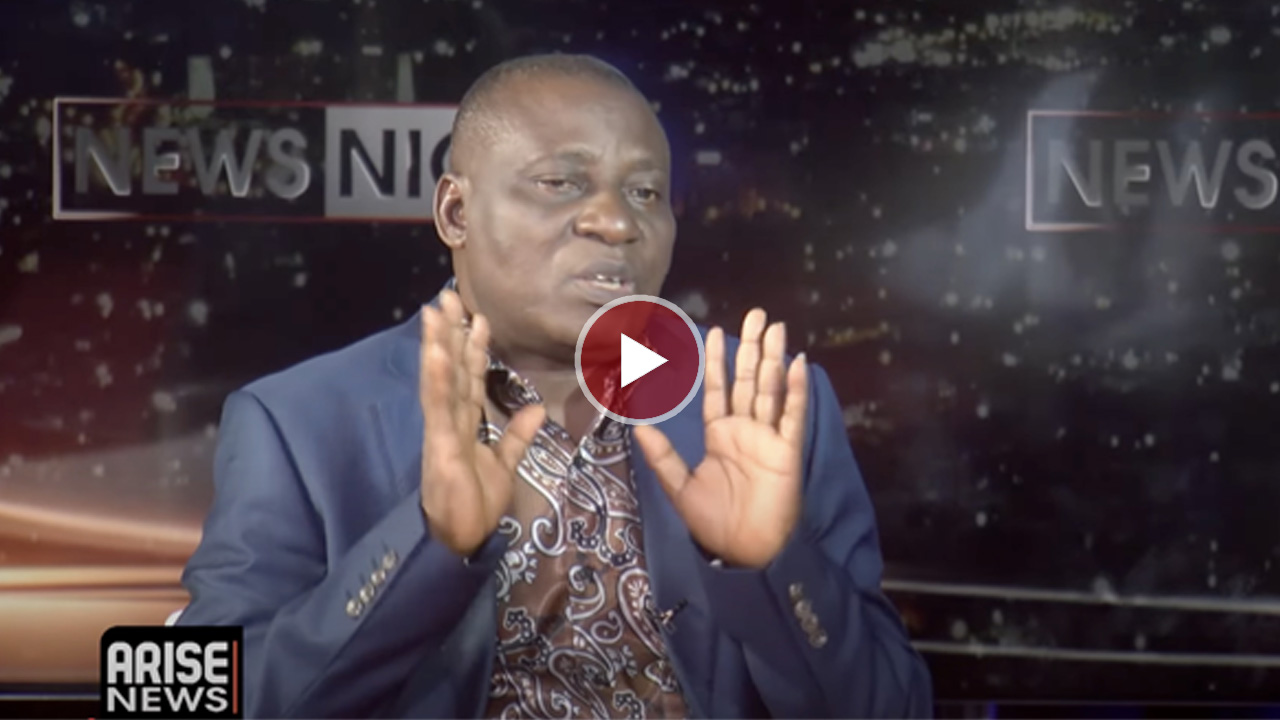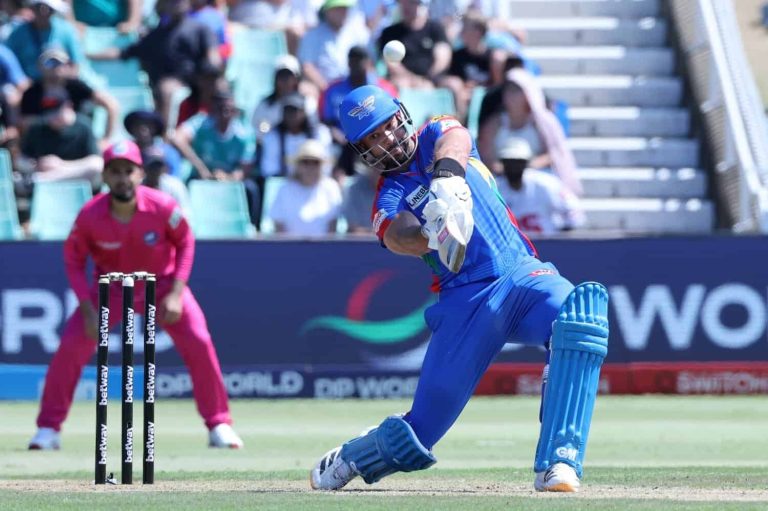

Environmental rights activist and former member of the Hydrocarbon Pollution Remediation Project (HYPREP) Governing Council, Akpobari Celestine, has raised strong concerns over the recent move by the House of Representatives to probe funds allocated for the Ogoni cleanup, warning that the investigation could have hidden motives.
Speaking on ARISE News on Friday, Celestine said while he supports transparency and accountability, the National Assembly has no jurisdiction to probe HYPREP funds since the money did not come from the federal government but from oil companies as part of the Ogoni struggle settlement.
“There’s nothing wrong in trying to find out how money is being used, especially public funds. But I smell a rat in this one,” Celestine declared. “The government of Nigeria does not appropriate for this money. The budget of HYPREP does not go to the National Assembly. It is the governing council that oversees it. The money being spent is not government money—it is the blood of the Ogoni people, the product of our struggle.”
Celestine, who served on the presidential task team that launched the cleanup in 2016, insisted that only the Ogoni people or an independent auditor should review HYPREP’s finances.
“If the minister for environment or the chairman of the governing council wants to audit the process, that’s fine. Or if the community itself decides to hire an independent auditor, that’s even better,” he said. “But people coming from government circles, especially from the House of Representatives or Senate, have no moral right to do that. This is a community project funded by our own sacrifice, not by federal allocations.”
He cautioned that the timing of the probe could disrupt ongoing peace and reconciliation efforts in Ogoniland.
“I say this because of some of the overtures President Tinubu has been making in Ogoni—they want to take Ogoni oil, reconcile Ogoni people, and do so many things. What they are trying to do now could make people angry,” he warned.
Celestine explained that the cleanup funds are managed through an account in London jointly controlled by Ogoni representatives, government, and oil companies—ensuring that no funds leave without community approval.
“A community person must sign before a kobo leaves that account,” he said. “So yes, there should be transparency, but these lawmakers are not the right people to probe.”
Despite his reservations, Celestine acknowledged significant progress in the ongoing cleanup under the current leadership of HYPREP and the Ministry of Environment.
“Right now, we are on the speed lane because the project coordinator is an activist—one of us who fought for the UNEP report to be implemented,” he said. “Since his appointment, sanity has returned. The social licence that HYPREP was losing has been restored.”
He praised the achievements recorded under the current administration, noting that over 1.4 million mangrove seedlings have been planted, 560 polluted sites restored, and 14 water schemes covering 40 communities completed—with plans to expand potable water access to 60 communities before year-end.
“The Centre of Excellence is about 96% completed, the speciality and cottage hospitals are ongoing—it’s a construction site everywhere,” he said. “This project is finally moving with the speed of light.”
When asked if he would be willing to assist lawmakers in their investigation, Celestine firmly declined.
“No, I don’t want them to reach out to me,” he said. “I’ve said my piece—this is not the right time or the right people to probe Ogoni cleanup funds.”
Boluwatife Enome



